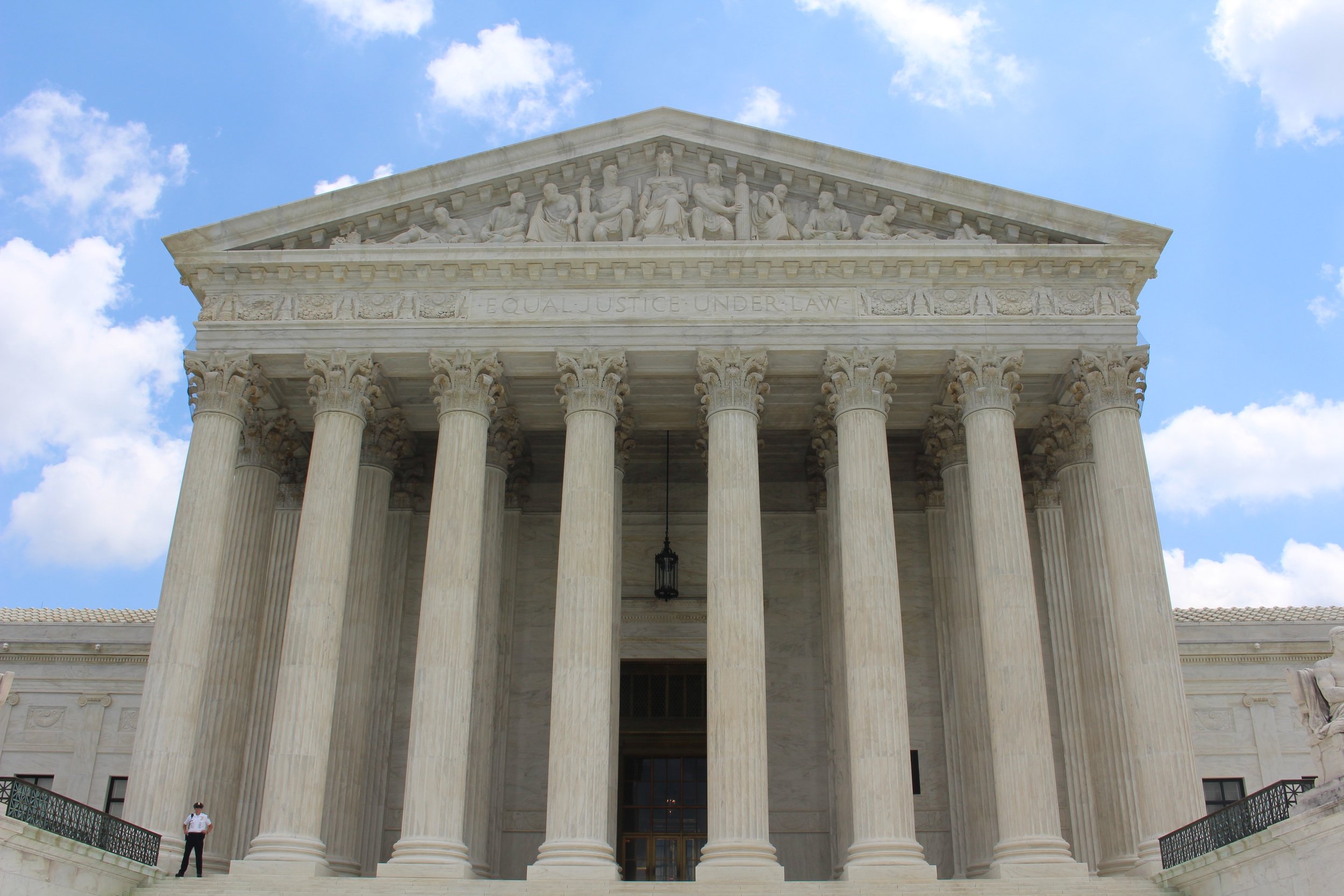carol@cohenbuckmann.com
We all know that 401(k) and 403(b) plan litigation isn’t going away any time soon. There are too many fiduciaries out there who still fail to understand their fiduciary responsibilities. We also know that diligent fiduciaries can be sued even when they tried to do everything right and followed a prudent process. It is in their interest to have the case dismissed at the earliest possible stage to avoid a lengthy and expensive trial. And we have had dismissals in some recent cases, including a district court decision involving the University of Pennsylvania and decisions involving Georgetown and Northwestern University.
The University of Pennsylvania decision has just been reversed in part by the Court of Appeals for the Third Circuit. It is important to understand that the appeals court did not rule in favor of the plaintiffs on the reinstated claims; it merely allowed them to proceed to try to prove their case. This is not a decision on the merits of the reinstated claims. The decision addresses many points of interest to litigators. However, for me as an adviser to fiduciaries, the decision is also interesting because it provides some guidance about what plan fiduciaries may need to show to prevail later on.
The claims the appeals court reinstated involved-
· Use of multiple recordkeepers (really a 403b issue-401k plans typically have only one recordkeeper)
· Paying asset-based recordkeeping fees rather than fees per participant
· Providing duplicative investments in the same asset class and style
· Using retail share classes
· Providing a menu of underperforming, overpriced investments (Plaintiffs maintained that 60% of the investments underperformed their benchmarks.)
These claims are typical of those raised in 401k and 403b lawsuits.
The court affirmed the dismissal of several prohibited transaction claims-that revenue sharing payments were kickbacks to TIAA, that Penn allowed plan providers to dictate the investments and recordkeeping, and that it was improper to put the providers’ proprietary investments in the plan. Plaintiffs keep making these claims, though they haven’t made headway with them in the court decisions we have.
Which allegations may have made the difference for the reinstated claims? With respect to these claims, plaintiffs had alleged that Penn failed to take actions that other institutions had, including hiring a consultant to do rfps, consolidating to a single provider and negotiating revenue sharing rebates. Have you taken those steps, or even reviewed revenue sharing payments to see if they exceeded the cost of the services? Have you reviewed available share classes to determine which (after any revenue sharing payments were taken into account) were the least expensive? Do you regularly review your investment menu to determine whether changes are appropriate? Prudent fiduciaries will want to take these steps and document their process.
The court also rejected the argument that providing a large and mixed menu of investment choices shielded fiduciaries from lawsuits. If that were the case, the court said, a menu with many underperforming and overpriced funds would pass muster. The court also noted that such a rule would permit fiduciaries to set the menu and forget it, despite changing market conditions, which is inconsistent with the duty to continually monitor investments. Since any large pool of choices is bound to have underperforming funds, have you winnowed down your menu to the best choices?
We will have to wait and see what happens as this litigation moves forward. However, fiduciaries who want to follow best practices to minimize their litigation risk don’t have to wait until then to take the actions discussed favorably in this appellate decision.
